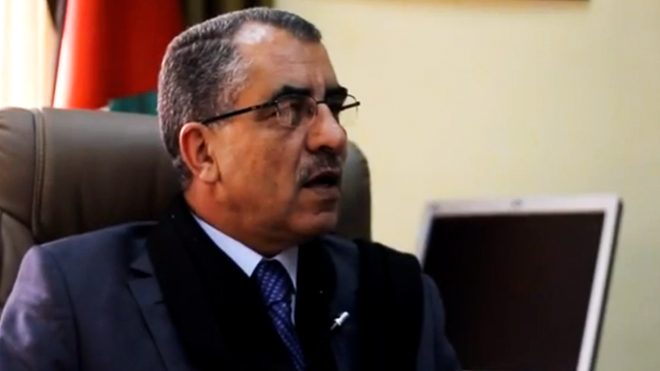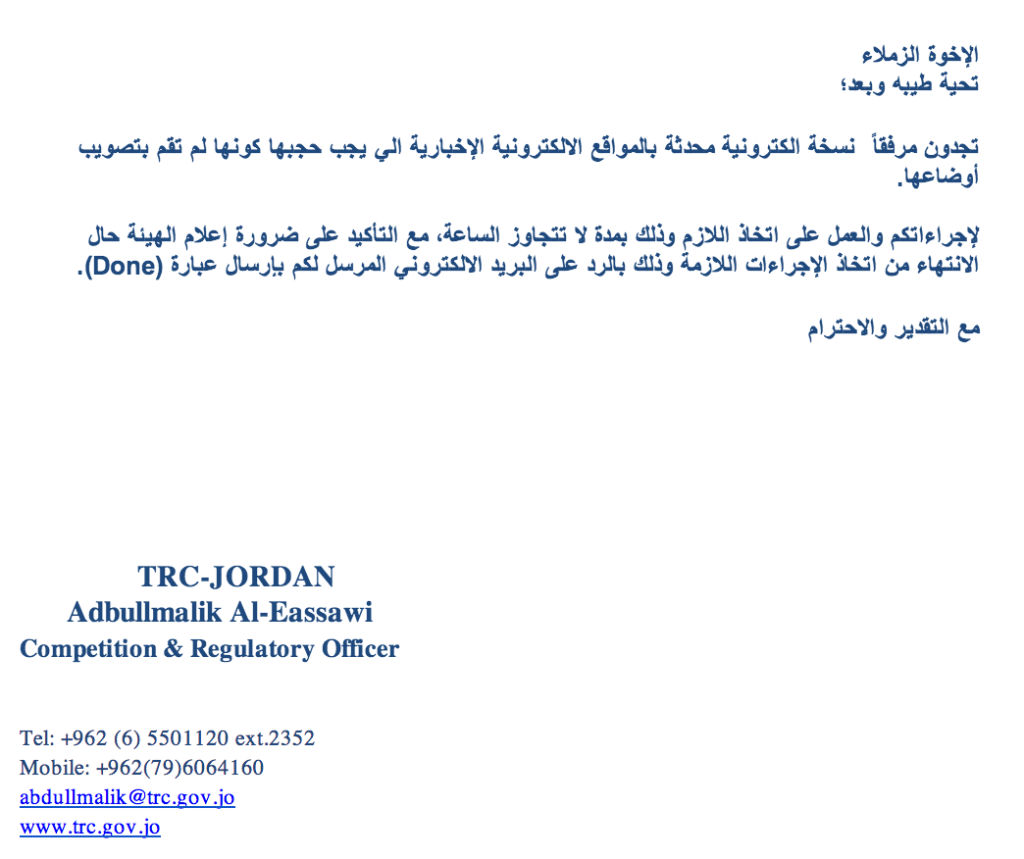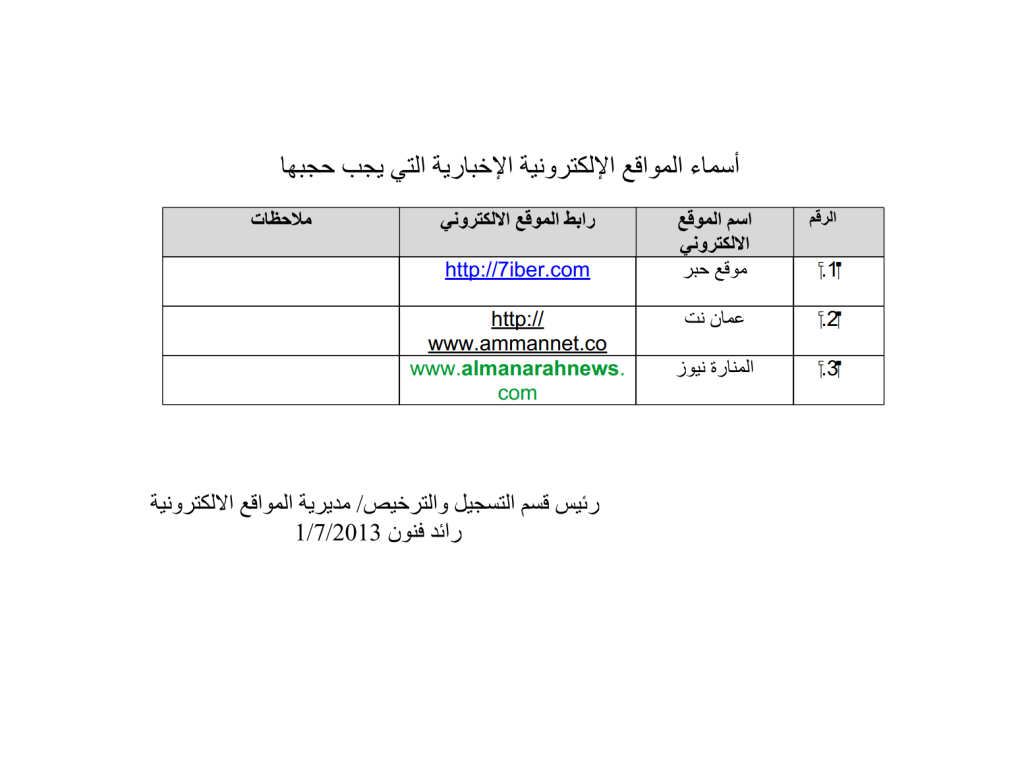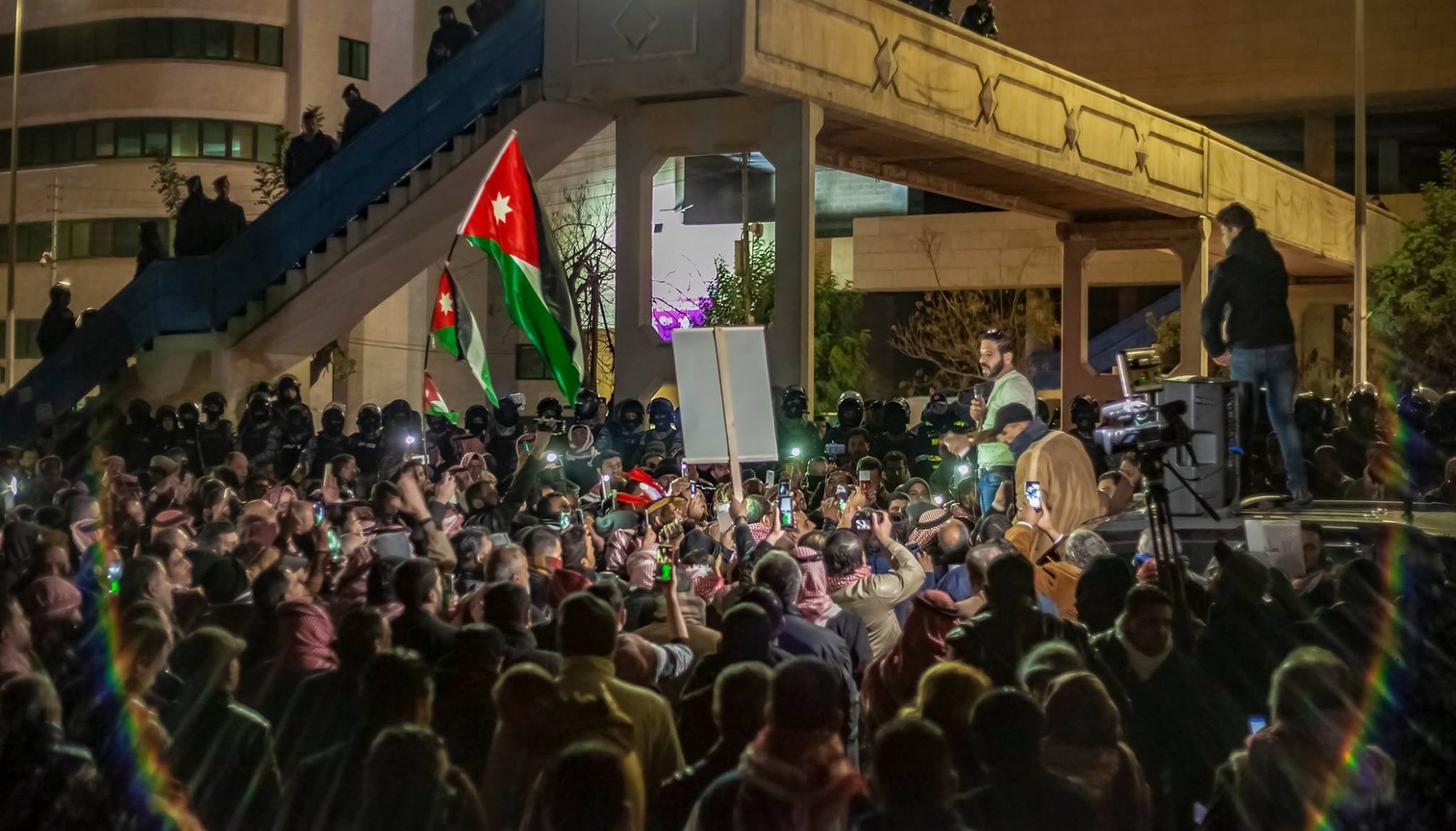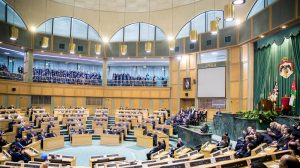(English Text follows below)
اليوم، وبعد شهر من قيام الحكومة الأردنية بحجب أكثر من مئتي موقع إخباري أردني، تم إضافة حبر إلى قائمة المواقع المحجوبة بناءً على قانون المطبوعات والنشر المعدّل الذي أقره مجلس النواب في أيلول/سبتمبر ٢٠١٢ وصادق عليه الملك مباشرة.
حجب حبر اليوم يأتي بعد ثماني وأربعين ساعة من مناظرة حول حجب المواقع وقانون المطبوعات نظمها راديو البلد، وسألت خلالها إحدى الحاضرات مدير دائرة المطبوعات والنشر فايز الشوابكة عن سبب عدم شمول حبر بالحجب. الشوابكة أجاب بأنه سينظر في الموضوع “وإذا كان موقع إخباري سأحجبه”. شخص آخر في الحضور أشار للشوابكة بأن حبر مدونة فقال “إذا كان مدونة فالقانون لا ينطبق عليه.”
(الدقيقة ١:٤٤:٥٦)
حبر تأسس في عام ٢٠٠٧ كمنصة للإعلام المجتمعي، وتطور إلى مؤسسة إعلامية ذات نشاطات متعددة، سجّلت في وزارة الصناعة والتجارة عام ٢٠٠٩. حبر كان المدونة الأردنية الوحيدة التي تم ترشيحها لجائزة دويتشة فيله الألمانية لأفضل المدونات عن فئة أفضل مدونة عربية لثلاث سنوات متتالية. في قسم “من نحن” على الموقع بإمكان أي شخص التعرف على فريق حبر ومعرفة عنوان مكتبنا في عمّان بدقة. وبالتالي، إذا ارتأت دائرة المطبوعات والنشر أن حبر موقع يجب أن يتقدم للحصول على رخصة – وهذا يخالف جميع تصريحاتهم أنهم يستهدفون المواقع الإخبارية فقط وليس المدونات – كان من المفترض من مدير الدائرة إعلامنا بهذا القرار رسمياً وإمهالنا ٩٠ يوماً لتصويب أوضاعنا حسبما تنص المادة ٤٩ فقرة أ-١ و أ-٢ من قانون المطبوعات والنشر المعدّل.
اليوم تم حجب حبر بمذكرة بسيطة من دائرة المطبوعات والنشر إلى هيئة تنظيم قطاع الاتصالات، التي بدورها خاطبت مزودي خدمة الإنترنت في الأردن مطالبة إياهم بإضافة حبر إلى المواقع التي يتعيّن حجبها عن مشتركيهم. كل هذا حصل بدون اتباع الإجراءات القانونية الواجبة وبدون تبليغنا رسمياً، مما يؤكد مرة أخرى أن هذا قانون المطبوعات والنشر هو أداة في يد الحكومة لتقييد حرية التعبير على الإنترنت.
بحسب البنود المعدّلة من القانون والتي أثارت الجدل ضده، فإن أي مطبوعة إلكترونية من نشاطها “نشر الأخبار والتحقيقات والمقالات والتعليقات ذات العلاقة بالشؤون الداخلية او الخارجية للمملكة فتكون هذه المطبوعة ملزمة بالتسجيل والترخيص بقرار من المدير.”
من شروط الترخيص أن يكون رئيس تحرير المطبوعة عضواً في نقابة الصحفيين لمدة أربع سنوات على الأقل، ولكن نقابة الصحفيين حتى الآن لا تمنح العضوية للصحفيين العاملين في المواقع الإلكترونية ولم يتم تعديل قانون النقابة حتى الآن.
في المناظرات والاحتجاجات ضد القانون، كان معارضوه يرون أن مشكلته ليست فقط في أنه مقيّد لحرية التعبير، ولكن أيضاً في أن تعريف المطبوعة الإلكترونية الوارد فيه يمكن أن ينطبق على المدونات، صفحات الفيسبوك، حسابات التويتر، قنوات اليوتيوب، وغيرها من منصات التعبير والتواصل على الإنترنت.
رد الحكومة كان دائماً بأنها ستطبق القانون “بحسن نية” وبأنها لا تستهدف المدونات ومواقع التواصل الاجتماعي.
عندما بدأ تنفيذ حجب المواقع في بداية حزيران/يونيو، كانت غالبية المواقع المحجوبة مواقع إخبارية، مع استثناءات قليلة مثل موقع عرمرم وموقع جوردان دايز. ومعظم المواقع التي تم حجبها لم يتم تبليغها مباشرة بل تم الاعتماد على إعلان نشر في الصحف اليومية، الأمر المخالف للقانون في حالة المواقع المعروف أصحابها وعناوينهم.
نحن في حبر نقف ضد أي نوع من أنواع التقييد لحرية الإنترنت والتعبير على الإنترنت، ولا نعتقد بأن أي موقع، سواء كان موقعاً إخبارياً أو مدونة أو أي منصة من منصات التعبير، يجب أن تحتاج إذناً مسبقاً من الحكومة حتى تعمل. نحن نقف ضد أي قانون يسعى لفرض قيود على حرية التعبير بشكل عام، ونعتبره تناقضاً صارخاً مع روح الدستور الأردني الذي كفل هذا الحق.
الاحتجاجات ضد قانون المطبوعات والنشر وضد سياسة الحجب مستمرة، من أجل تعديل القانون وإلغاء الحجب. حتى ذلك الحين، حبر يستمر بالنشر كالمعتاد، وسنوضح لكم طرق الوصول إلى الموقع من داخل الأردن قريباً جداً.
Today, one month after the Jordanian government blocked over 200 news websites, 7iber.com was added to the list of websites to be blocked under the latest amendments to the Press and Publication Law, passed last September in Parliament and ratified by the King.
The move to block 7iber.com comes 48 hours after a public debate about the Press and Publication Law, hosted by Radio Al-Balad, in which an audience member asked the director of the Press and Publication Department, Fayez Shawabkeh, why 7iber was not blocked. Shawabkeh responded “I will look into it and if I find that it’s a news website I will block it.” When another audience member pointed out that 7iber is a blog and not a news website, Shawabkeh said “if it’s a blog the law does not apply to it.”
7iber.com was established as a citizen media platform in 2007. It grew into a media organization with various activities, and was registered in the Ministry of Trade and Industry in 2009. It was the only Jordanian blog nominated for Deutsche Welle’s Best of Blogs Awards in the Arabic Blog Category for three years in a row. In the “About Us” section on the website, we clearly state who we are and our exact address. If the Press and Publication Department decided that 7iber.com needs to get licensed – which is against all their public statements about blogs – they were supposed to officially inform us of this decision and give us 90 days before blocking the website, according to their law (Article 49, paragraphs A-1, and A-2).
7iber was blocked today by a simple memo from the Press and Publication Department to the Telecom Regulatory Commission, which in turn gave its directives to ISPs. This happened without any due process or formal notification to 7iber, in yet another demonstration that this law serves as a tool for the government to arbitrarily stifle freedom of expression online.
According to the controversial amendments to the press and publication law, any website that publishes “news, investigations, articles, and comments related to Jordan’s internal or external affairs … is required to register and get licensed by a decision from the director [of the press and publication department].”
The licensing requirements include having an editor in chief who is a member of the Jordan Press Association (JPA) for at least four years. However, the JPA does not grant membership to journalists who work in online media and has not amended its own law yet.
In public debates about the law, its opponents argued that not only is it restrictive of free speech, which is guaranteed by the Jordanian constitutional, it is also impossible to implement since the definition of a website that requires licensing could apply to anything from blogs to Facebook pages, twitter profiles, YouTube channels, and other platforms of online expression.
The government’s response was that it will implement the law “in good will” and that it won’t target blogs or social media platforms.
When the ban was initiated on June 1st, it included mostly news websites, but also others like Aramram.com and JordanDays.tv. The Press and Publication Department hadn’t informed blocked websites properly in advance, and relied only on a newspaper announcement, thus breaking their own law.
We at 7iber stand firmly any form of control or restriction of internet freedom and freedom of expression. We believe that no website – be it a news website, online magazine, blog, or any type of online platform – should require permission from the government to operate. In fact, we are against any law that seeks to control free speech and consider it legislation that sits in stark contradiction to the spirit of the constitution.
Protests against this law are ongoing, with some proposals in the new parliament to amend it. In the meantime, 7iber continues to operate normally. The website is accessible outside Jordan, and we will explain to you shortly how you can access it inside Jordan so stay tuned.
